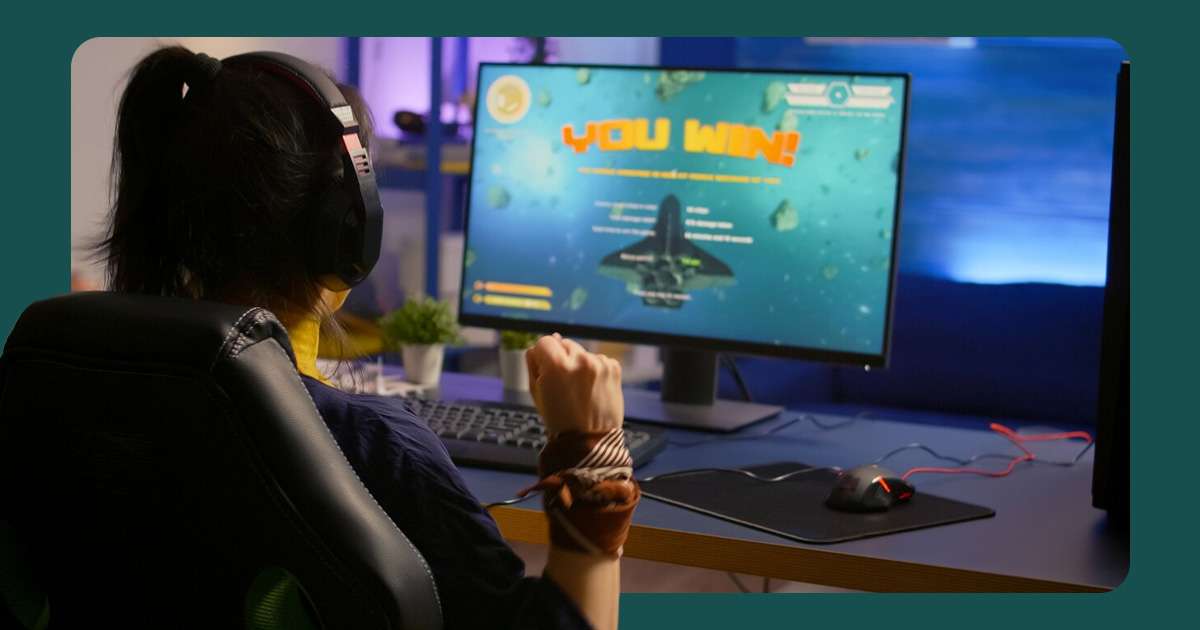How to Code a Game: A Beginner’s Guide

Creating a game might seem like an intimidating task, but it’s surprisingly achievable, even for beginners. Whether you’re imagining a simple 2D platformer or aspiring to build immersive 3D worlds, coding is the foundation. By understanding key concepts, leveraging beginner-friendly tools, and following structured steps, you can start developing your own game in no time. Let’s break it down!
What is Game Coding?
Game coding is the process of creating the logic, interactions, and functionality that make a game playable. Developers use programming languages to build game mechanics like movement, scoring, and physics. For example, coding determines how a character jumps or how objects in the environment respond to player actions. Tools like Unity and Unreal Engine simplify this process by offering pre-built libraries and visual editors.
Starting with Game Development Basics
The first step to learning game coding is to understand the basics of programming. Concepts like variables, loops, and conditionals are essential building blocks. Fortunately, languages like Python are beginner-friendly and excellent for learning how these elements interact. Once you’re familiar with these fundamentals, you can apply them to a game engine or framework, such as Godot or Unity, to see your ideas come to life.
Choosing the Right Tools for Beginners
Before diving in, it’s important to pick tools suited for your skill level.
- Unity: Known for its versatility, Unity is ideal for creating 2D and 3D games. It uses C#, which is relatively easy to learn.
- Unreal Engine: This platform excels in creating high-quality 3D graphics and uses Blueprints for visual scripting.
- Godot: A beginner-friendly, open-source engine with support for GDScript, a Python-like language.
- Construct 3: Designed for non-coders, this tool focuses on drag-and-drop game creation for simple projects.
Starting with the right tools allows you to streamline the learning process and focus on bringing your ideas to life.
Exploring Key Programming Languages for Game Development
When starting to learn, it helps to explore which programming languages suit your goals.
- Python: Great for learning how to code a simple game. It’s widely used in beginner projects due to its readable syntax.
- JavaScript: Perfect for browser-based games and interactive elements.
- C++: A powerful choice for building high-performance games but comes with a steeper learning curve.
- C#: Popular in Unity for its balance between ease of use and functionality.
Each language serves different purposes, so choose one based on the type of game you want to create.
Step-by-Step Guide to Getting Started
Starting out in game coding involves a series of manageable steps:
- Learn the basics of a programming language like Python or C#.
- Choose a game engine or framework that suits your goals.
- Start small—focus on coding a simple game, such as a 2D puzzle or platformer.
- Experiment with pre-built assets and templates to speed up development.
Following these steps ensures you build a solid foundation without feeling overwhelmed.
Advanced Concepts to Level Up
Once you’ve mastered the basics, it’s time to explore more complex areas of game development.
Game Physics and Interactions
Adding realistic physics makes your game more engaging. Game engines like Unreal offer built-in physics engines for handling collisions, gravity, and object interactions.
Animation and Visual Effects
Smooth animations bring characters and environments to life. Tools like Blender and Spine integrate seamlessly with game engines for detailed visual effects.
Artificial Intelligence (AI)
AI enhances gameplay by creating intelligent enemies and NPCs. Basic AI scripts allow you to program behaviors like chasing the player or solving puzzles.
Networking for Multiplayer Games
Adding multiplayer capabilities requires learning about networking protocols and servers. Unity and Unreal provide resources for implementing multiplayer mechanics.
Optimization Techniques
A well-optimized game ensures smooth performance across devices. Techniques like level-of-detail adjustments and memory management in C++ help you achieve this.
Common Mistakes and How to Avoid Them
Even experienced developers face challenges, but avoiding these common mistakes can save you time:
- Starting with overly complex projects.
- Skipping foundational programming concepts.
- Neglecting debugging and testing.
Begin with small projects and gradually increase complexity as you gain confidence.
Key Game Development Skills to Master
Game Design Principles
Learn how to create engaging mechanics and intuitive interfaces.
Problem-Solving with Code
Debugging skills are essential for resolving errors efficiently.
Collaboration in Game Development
Working with artists, sound designers, and other developers teaches teamwork and project management.
Testing and Feedback
Playtesting identifies issues and ensures your game meets player expectations.
Continuous Learning
Game development evolves rapidly. Staying updated with new tools and trends is crucial.
Final Tips for Aspiring Game Developers
Game development is a rewarding but challenging journey. Starting small and remaining consistent are key to success. With each project, you’ll gain skills, confidence, and a deeper understanding of the process.
Turning Ideas into Playable Games
Creating your first game is an exciting milestone, and learning how to code a game opens up endless creative possibilities. By starting with beginner-friendly tools and languages, focusing on foundational skills, and exploring advanced techniques, you can transform your ideas into engaging, interactive experiences. Take it one step at a time, and enjoy the process of bringing your vision to life.

